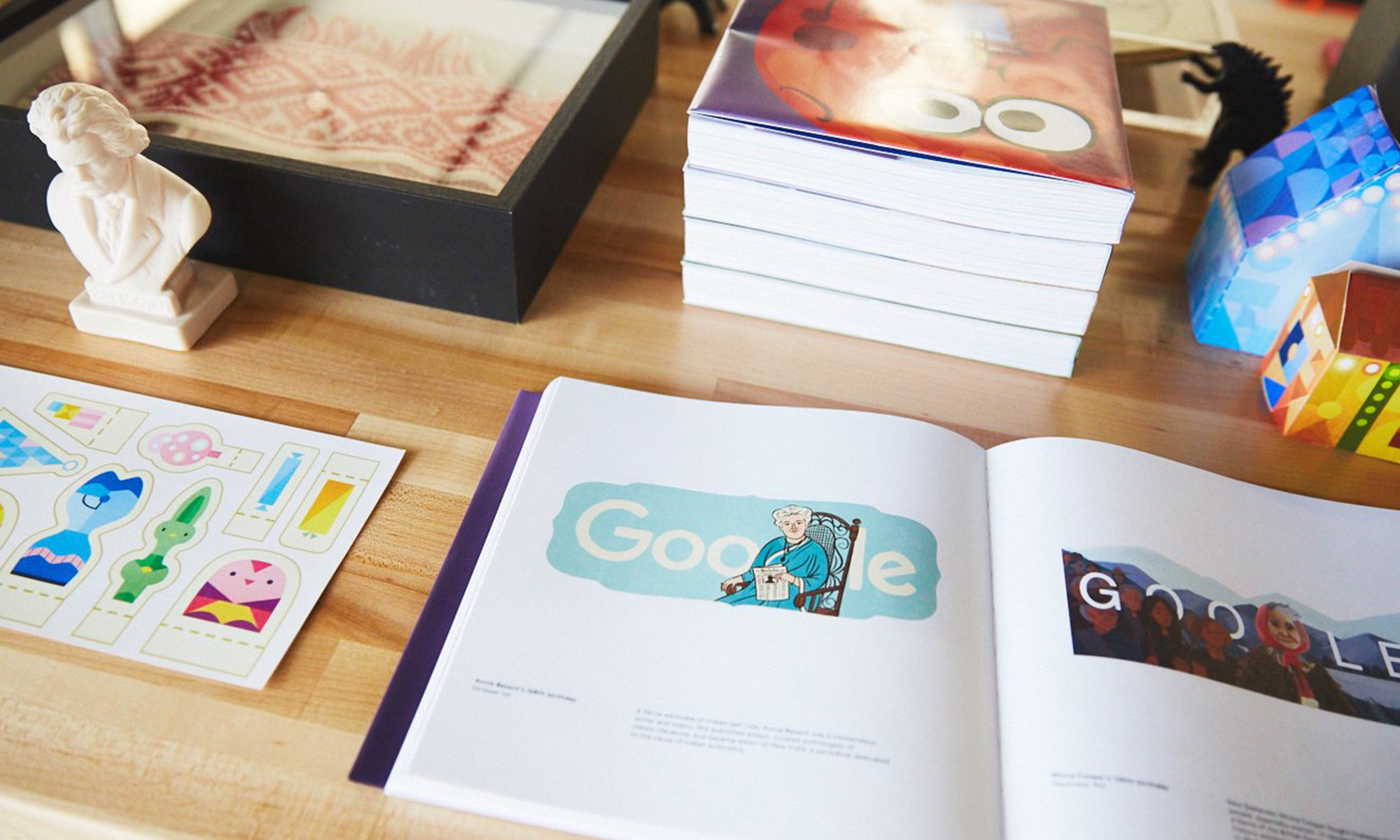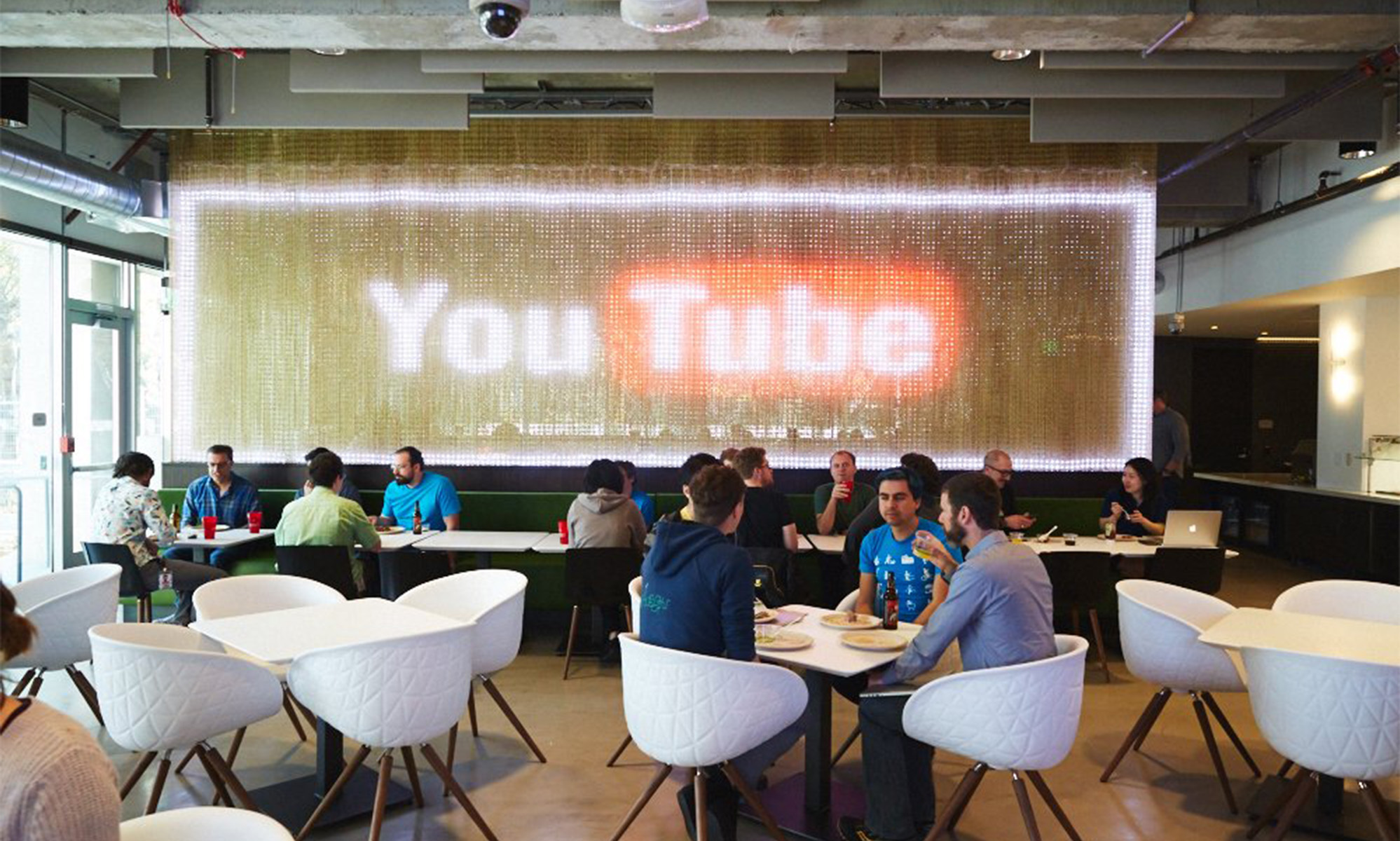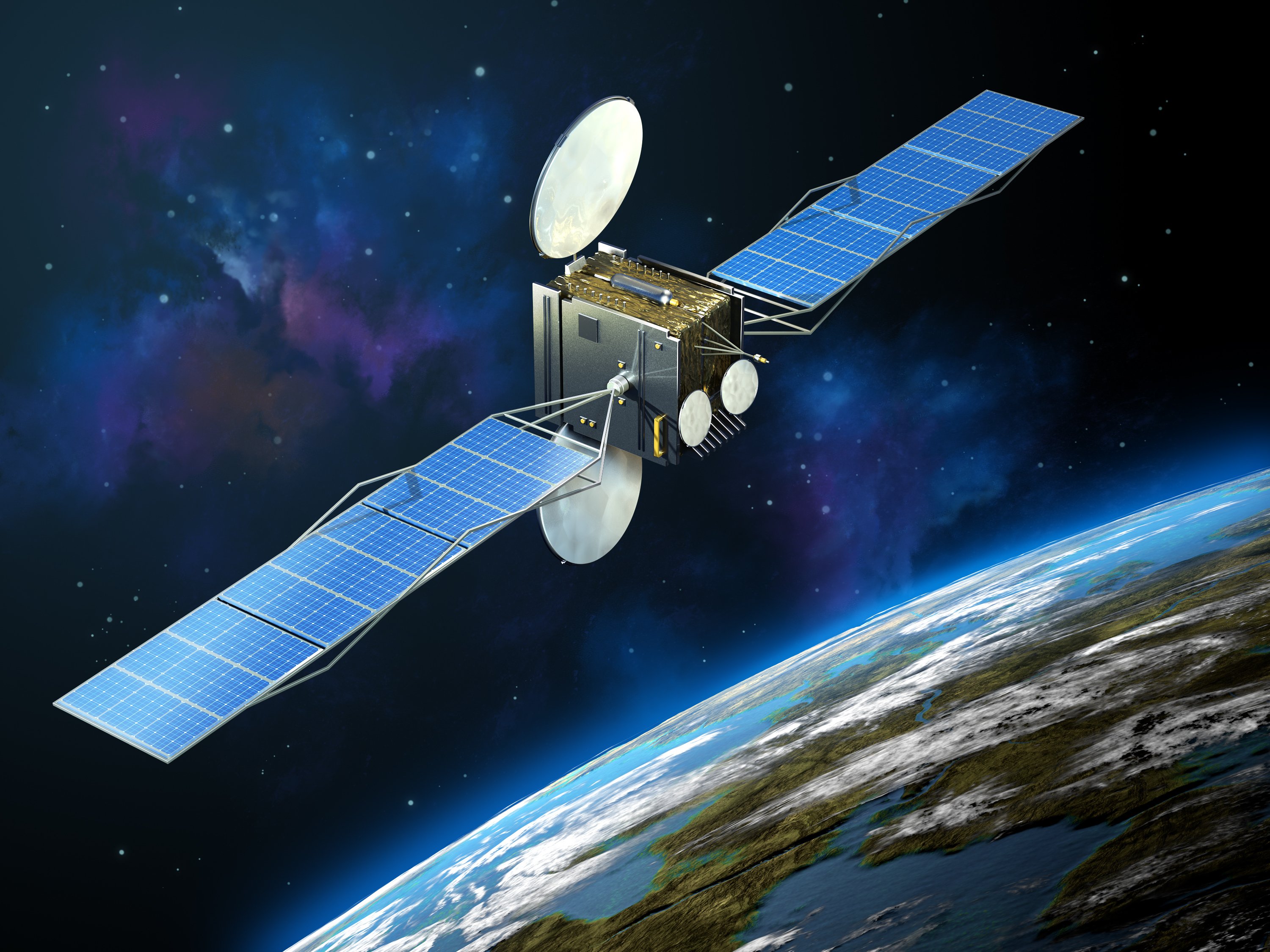I'm sure you've heard by now how Google (GOOG +1.47%) fears that Samsung will become another Apple-sized (AAPL +0.17%) headache for the company's revenue-sharing partner agreement. Basically, the fear is that since Samsung controls nearly 40% of the Android smartphone market, it could lead to Google getting bullied on revenue-sharing agreements. Those are valid concerns for investors to mull over, considering how Apple is believed to receive $0.75 of every $1.00 Google earns from search on its devices, yet Samsung only receives $0.10 cents. Since Samsung technically sold 58% more smartphones than Apple last year, it's no joke: This could get ugly for Google.
A brief history of TAC
Traffic acquisition costs, or the amount of revenue Google has to share with its partners that drive traffic to its domains, is really what's at stake here. Leading up to last quarter's earnings results, investors (including myself) grew concerned that TAC was something to keep a watchful eye on, given recent trends. When the results came out, TAC as a percentage of revenue declined, despite total TAC rising, indicating that revenues were growing faster than the burden of its partner network. On a relative basis, it was surely a welcoming sign for investors.
However, if word gets out that Apple and now Samsung can bully Google into preferential revenue sharing agreements, this seemingly small issue could manifest into a big problem for Google's other large network partners. Last quarter, Google's partner network was responsible for 24% of the company's total revenue. During this period, the company spent $3.08 billion to acquire over $3.4 billion in revenue. For every dollar of revenue earned through the partner network, Google takes in $0.52 and shells out $0.48.
Motorola fallback
Although Google's acquisition of Motorola has yet to any bear fruit for investors, it's become increasingly clear that it gives Google flexibility in the event smartphone manufacturers begin making unfavorable demands on Google. Once Google completes the 12-18 month pipeline it inherited when it bought Motorola, we will begin seeing the true potential of Google-inspired designs. If the Chromebook Pixel is any indication, design will be one of Google's strong suits.
Caution flag
Given these developments, TAC remains an area of concern that I'll continue to keep a watchful eye on. As this tug-of-war between partners and Google ensues, will there be a point where Google draws the line and forgoes revenue? Or is Google such an asset to smartphone partners that their user experience would suffer as a result of going elsewhere?







